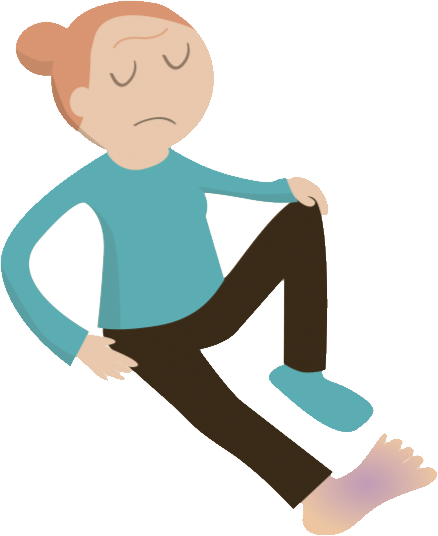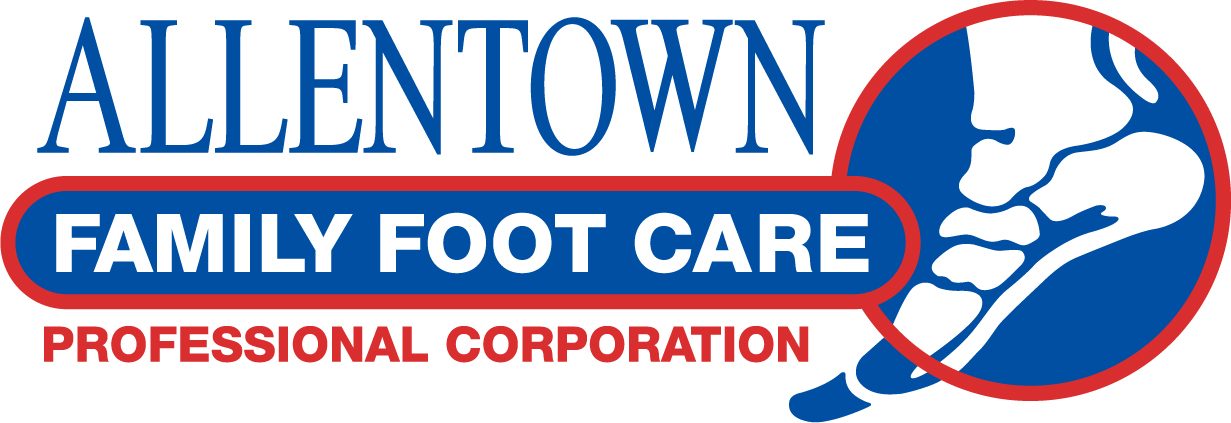Preventing Trips, Slips, and Falls

Among older Americans, falls are the number one cause of injuries and death from injury, according to the Centers for Disease Control and Prevention. Not only are seniors more at risk for falls, when they do so, it poses a greater risk for injuries, hospitalization and complications. For a ground-up approach to fall prevention, seniors should start by examining the health of their feet.
“Painful foot conditions, such as osteoarthritis, corns, bunions, hammertoes and diabetes complications, can make it difficult for seniors to maintain balance and coordination when walking or standing,” says Michael Ambroziak, DPM, FACFAS, a board-certified foot and ankle surgeon and Fellow Member of the American College of Foot and Ankle Surgery (ACFAS).
“Compounding the issue is that the very exercises intended to correct risk factors for falls, such as lower-body weakness, as well as gait and balance problems, are made difficult to perform when one is suffering from painful foot and ankle conditions.”
While the factors causing falls are numerous, experts say that seniors, and everybody for that matter, can take steps to reduce their risk by minimizing or even eliminating foot pain. Doing so will improve balance, coordination and stability when walking or standing.
Team AFFC recommends the following ways to help keep your feet and ankles healthy:
- Do not ignore pain: Foot pain is not just a normal consequence of growing older, so do not resign yourself to aching and suffering. You likely have a treatable condition. For a proper diagnosis and intervention, be sure to pay attention to your feet and request an appointment if and when you experience pain.
- Examine your feet: You are the gatekeeper of your own health, making regular at-home foot examinations critical. At the sign of bumps, lumps or other changes in your feet, request an appointment.
- Exercise: Simple stretching exercises can help you maintain strength and mobility in your feet and ankles, as well as provide pain relief. Request an appointment.
- Protect: Use padding, insoles or whatever special footwear you are prescribed. Be sure to wear these, along with comfortable, sensible shoes, every day.
- Be flexible: Know that at times, surgery is the most appropriate treatment for a given condition. Fortunately, many simple surgical techniques allow foot surgery to be performed on an outpatient basis.



Remember, just one fall can permanently rob seniors of their independence and dramatically reduce their quality of life. Taking good care of feet and ankles, however, can reduce the risk of a life-altering slip, trip or fall.
